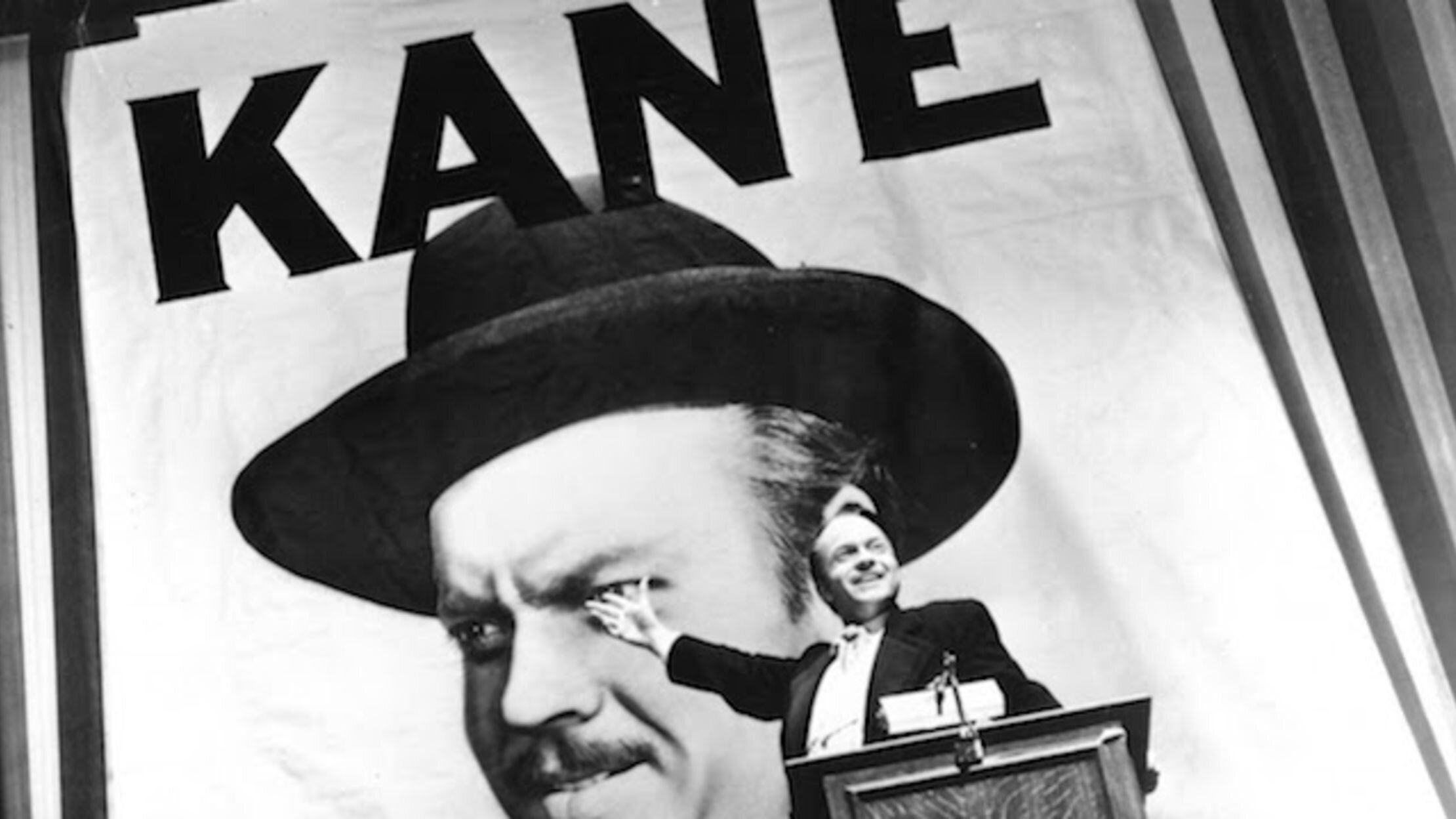Is Trump our Citizen Kane?
Donald Trump, throughout the course of his campaign, has been likened to many people. While I am more accustomed to insinuations of his resemblance to various historical fascist leaders, there is one name that is a natural match: Charles Foster Kane, or to many, known as Citizen Kane, the titular character of Orson Welles’ 1941 film of the same name.
Don’t get me wrong, the similarities between the two have been noted. The biographical comparisons line up rather nicely; they are both raised wealthy, receive familial money to begin businesses, and, in their own rights, become polarizing moguls of sorts known for their narcissism and megalomania. At times, it seems as if Trump could in fact be mimicking the character of Kane. So close are some of the lines that one could swear that Trump lifted them straight from the movie.
To begin broadly, both Kane and Trump pursue political careers on behalf of the working class. “There is only one man who can rid the politics of the state of the evil domination of boss Jim Gettys — I am speaking of Charles Foster Kane, the fighting liberal, the friend of the working man, the next governor of this state…,” bellows a Kane supporter at a rally in the film. Immediately, Donald Trump’s vow to “drain the swamp” and his speech at the Republican National Convention come to mind — not to mention the fervor surrounding the use of superlatives used by his supporters. “I am your voice…Nobody knows the system better than me, which is why I alone can fix it,” Trump said when speaking to the convention crowd in Cleveland. While Kane is cited as a liberal, the likeness is almost eery, the language almost exact. However, this isn’t even the closest of the resemblances.
Both Trump and Kane describe themselves as outsiders, underdogs. According to Kane, he doesn’t make any campaign promises, because he was never slated to even have a chance. Sound familiar? Trump certainly did make his fair share of campaign promises, some of which he has been very successful in keeping. He also did his part to cater to this "outsider" persona by priding himself in never holding a political office. Likewise, Kane vows to, as his first act in office, prosecute Jim Gettys, a political boss and the incumbent Governor of New York — much like Trump threatened to prosecute Hillary Clinton. There’s no talk of a special prosecutor in the film, but contextually, it is hard to believe that Kane would have thought that such an act would be a bad idea. Looking back at that debate, Trump might as well have been reading from the film's script.
Trump has identified Citizen Kane as his favorite movie multiple times: first in 1992, and again last May. With this in mind, could there be some imitative element at play here? I admit that I am not Sigmund Freud, but I’d like to think that such a comparison has some validity. The similarities in rhetoric between the two leaders is hard to ignore. I should note that I am by no means accusing the president of plagiarism. However, he seems to have been quite alright with “borrowing” some of Kane’s ideas for his own use, and to his (or perhaps Orson Welles’) credit, has enjoyed a level of success that highly surpasses that of Kane.
Works Referenced:
